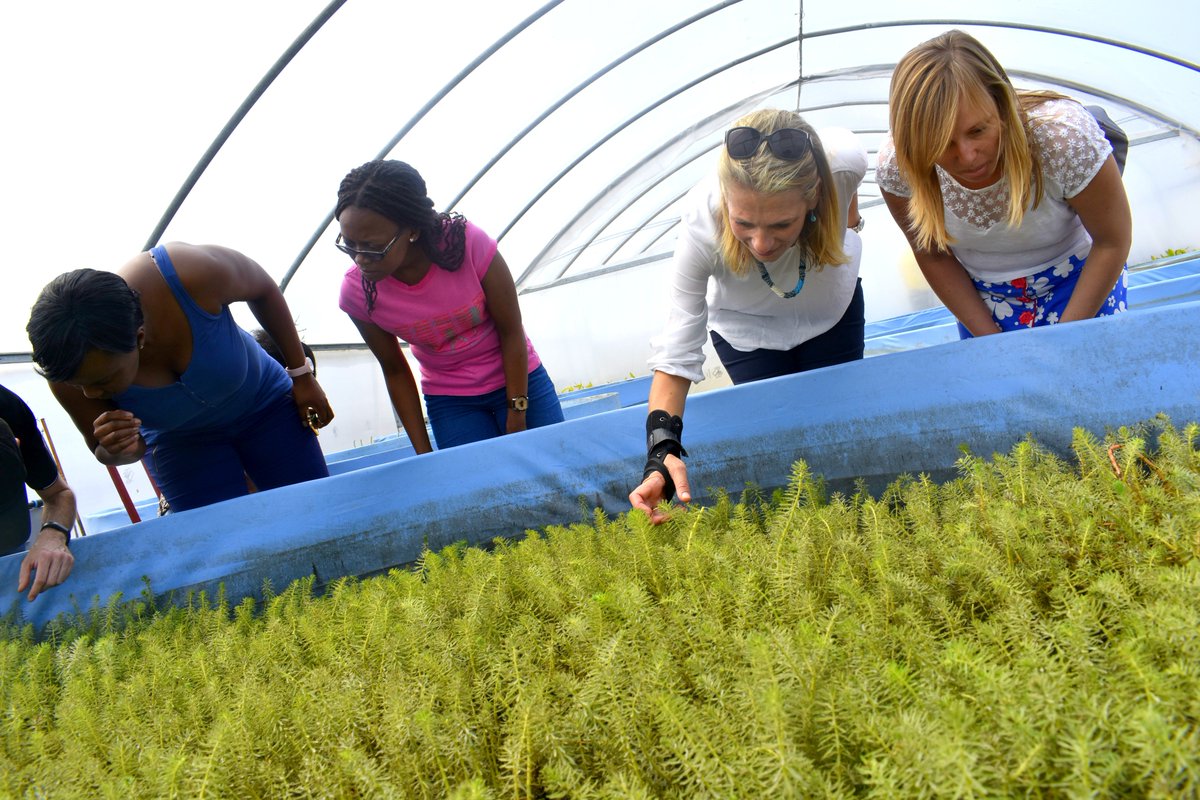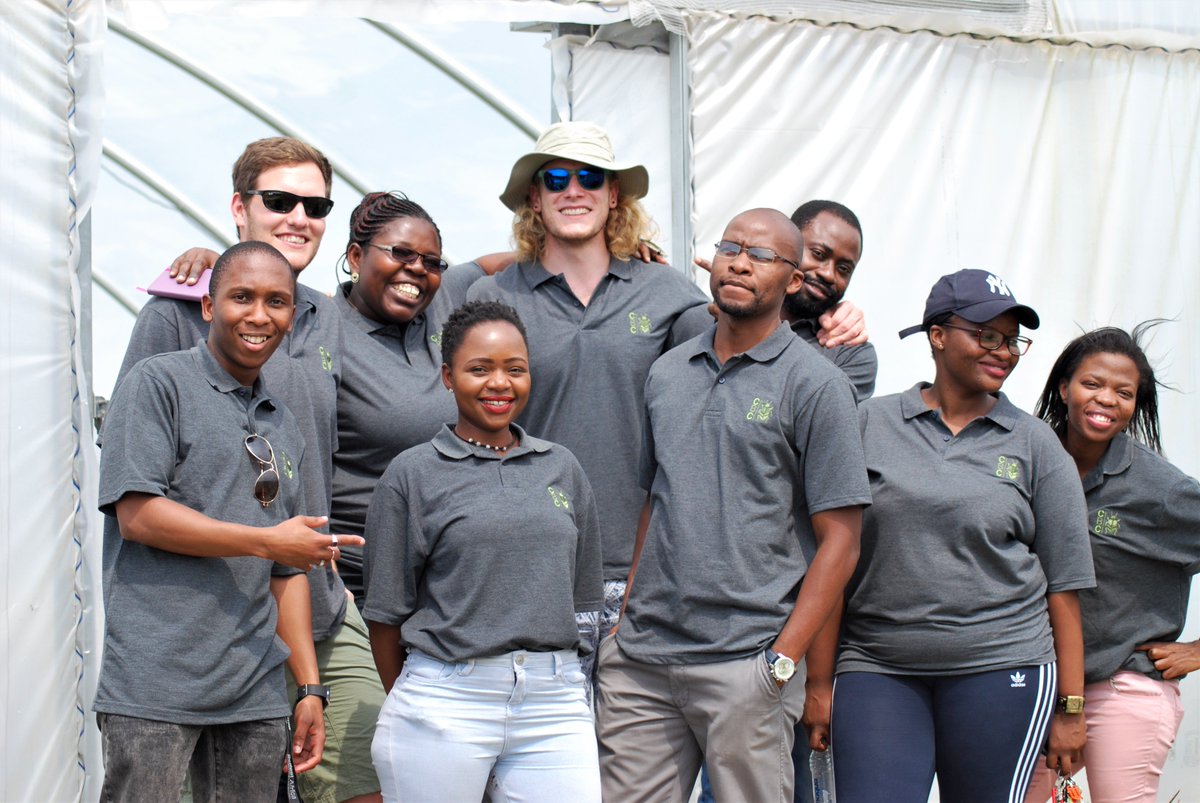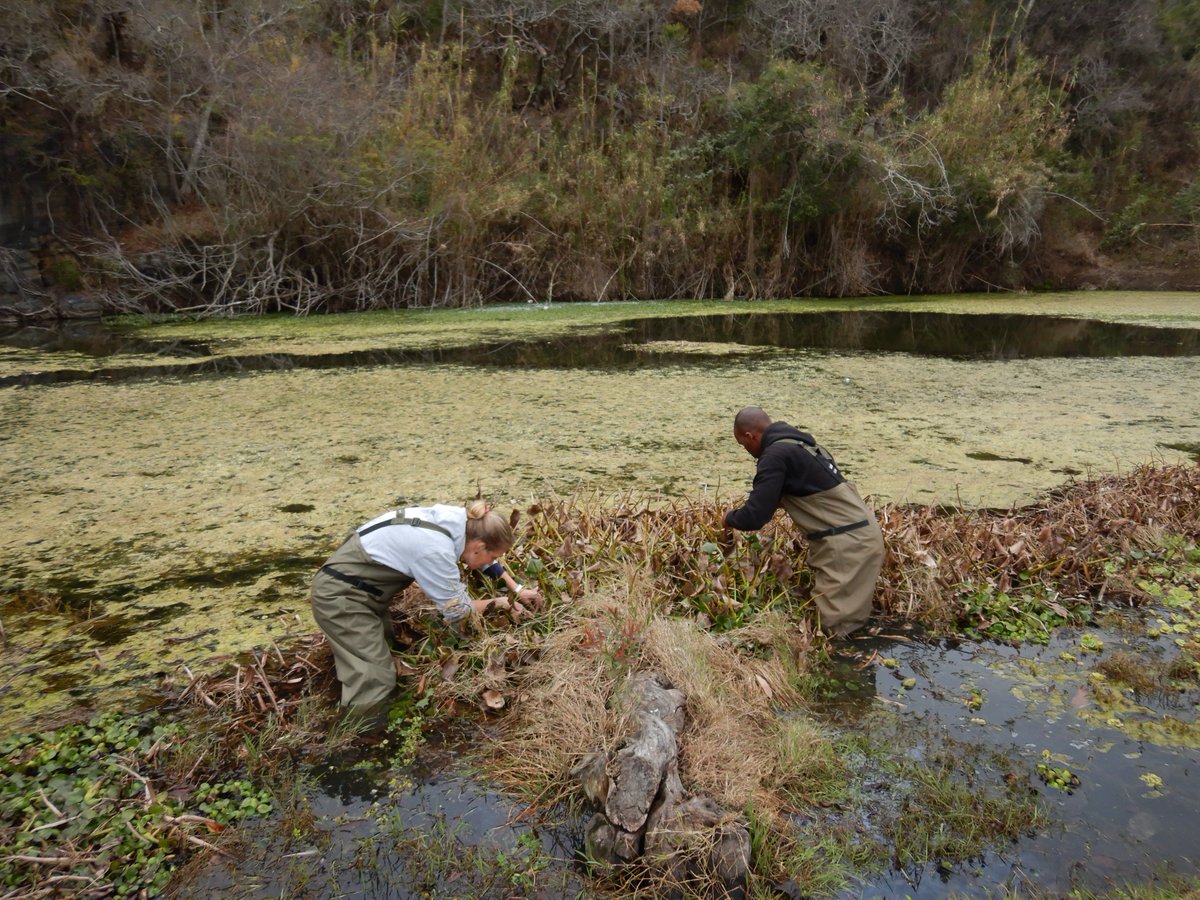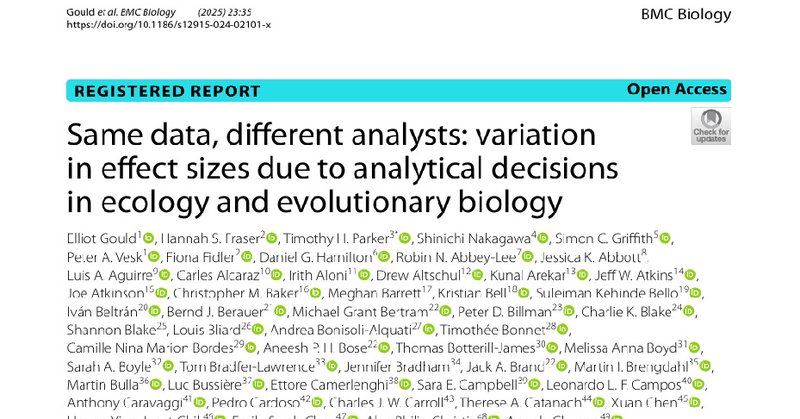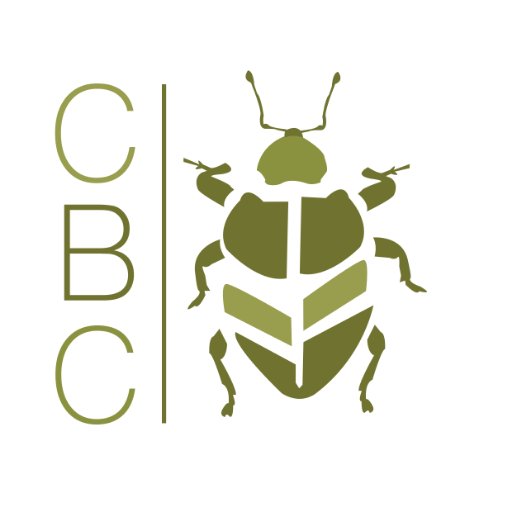
Centre for Biological Control
@RhodesUniCBC
Followers
820
Following
189
Media
325
Statuses
811
#CBC runs #research programmes dedicated to #BiologicalControl of #pest species: #aquaticweeds, #cactaceae & #terrestrialplants in #SouthAfrica #invasivespecies
Grahamstown, South Africa
Joined August 2018
Our research focus at the #CBC is on understanding ecological dynamics of invasive pests, aquatic & terrestrial weeds in particular. Large proportion of this work is the development of biological control methods for these invasive plants, which can then be applied for management.
0
8
34
We will be hosting the Weed Biological Control Short Course this year in November. Please let me know if you are interested as there are limited spaces- k.weaver@ru.ac.za.
0
0
0
A recent report from @mwlr_nz scientists visiting Rarotonga has confirmed that the agent is established widely across the whole island, being found at most African Tulip Tree sites. It can only feed on the tree. The damage reported is very promising news.
0
0
0
A biocontrol agent from Africa protecting the indigenous biodiversity of the Pacific Islands. The CBC and @mwlr_nz NZ have worked in collaboration to develop and release biocontrol agents against African Tulip Tree in the Cook Islands.
1
0
1
📷 CBC featured in Nature Africa. Journalist Leonie Joubert explores the CBC’s research into using natural enemies to manage invasive alien plant populations and how this pivotal work is now under threat from government funding cuts.
www.nature.com
Nature Africa - Scientists say funding cuts for control of aggressive invasive alien trees may undo decades of work to protect water supplies and ecosystems.
0
0
0
The CBC was joined by @NCCEnviron and Invader Plant Specialists to present the work done by the respective groups and what we would recommend to the Kingdom on their similar invaders. What an experience for our team! #invasivespecies #prosopiss #mesquite #cactusinvasions
0
0
0
An informative video explaining how #waterhyacinth invades systems such as #Hartbeespoort Dam.
www.youtube.com
An informative video explaining how water hyacinth invades systems such as Hartbeespoort Dam.
0
1
1

